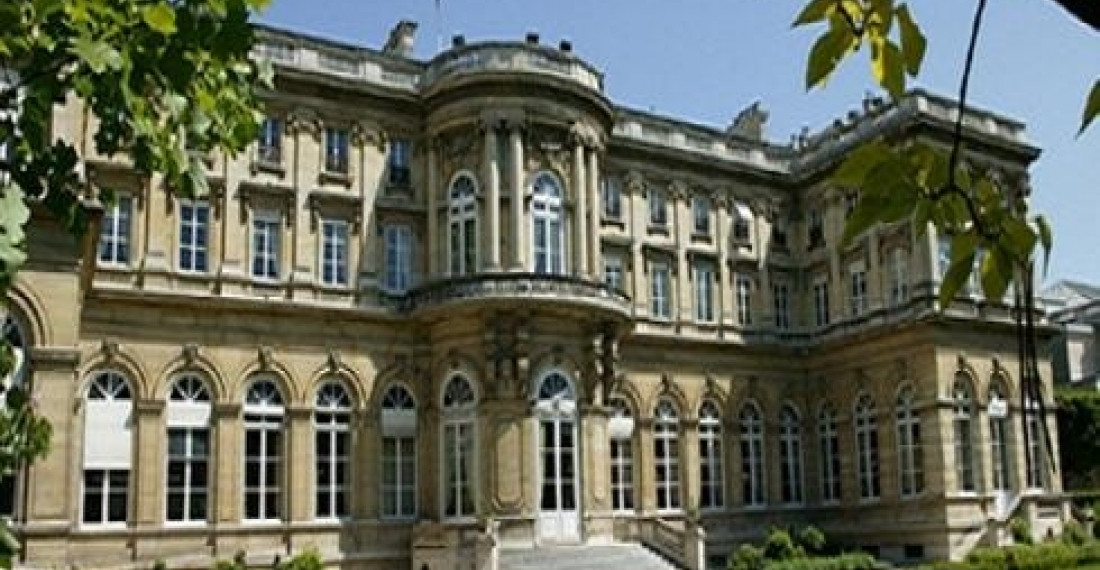The Foreign Ministers of Armenia and Azerbaijan will meet in Paris today with the co-Chair of the OSCE Minsk Process in an effort to relaunch the peace negotiations between the two countries. Diplomats representing France, the US and Russia are expected to present a "new approach" on how to take the process forward to Armenia's Edward Nalbandian and Azerbaijan's Elmar Mamadyarov.
The negotiations between the two sides have been largely stalled since a failed attempt to push for a breakthrough in Kazan in June of 2011. Although there has been another meeting between the Presidents of the two countries, facilitated by the then Russian President, Dimitri Medvedev that meeting earlier this year was seen as largely symbolic. Whilst no major breakthrough is expected at the Paris meeting, it will give an indication if the negotiations are back on track. The meeting comes in the aftermath of an escalation of violence on the line of contact separating the two sides earlier this month which left casualties on both sides.
The two sides continue to report daily cease fire violations.
In the meantime on Wednesday, the Defence and Security Committee of the European Parliament will meet to consider the security implications of the conflict and what the EU can and should be doing in the circumstances. The meeting will be addressed by the EU Special representative to the South Caucasus Ambassador Philippe Lefort and several experts.
source: commonspace.eu
photo: The Quai d'Orsay, home of French diplomacy (picture courtesy of the French Ministry of Foreign Affairs)







